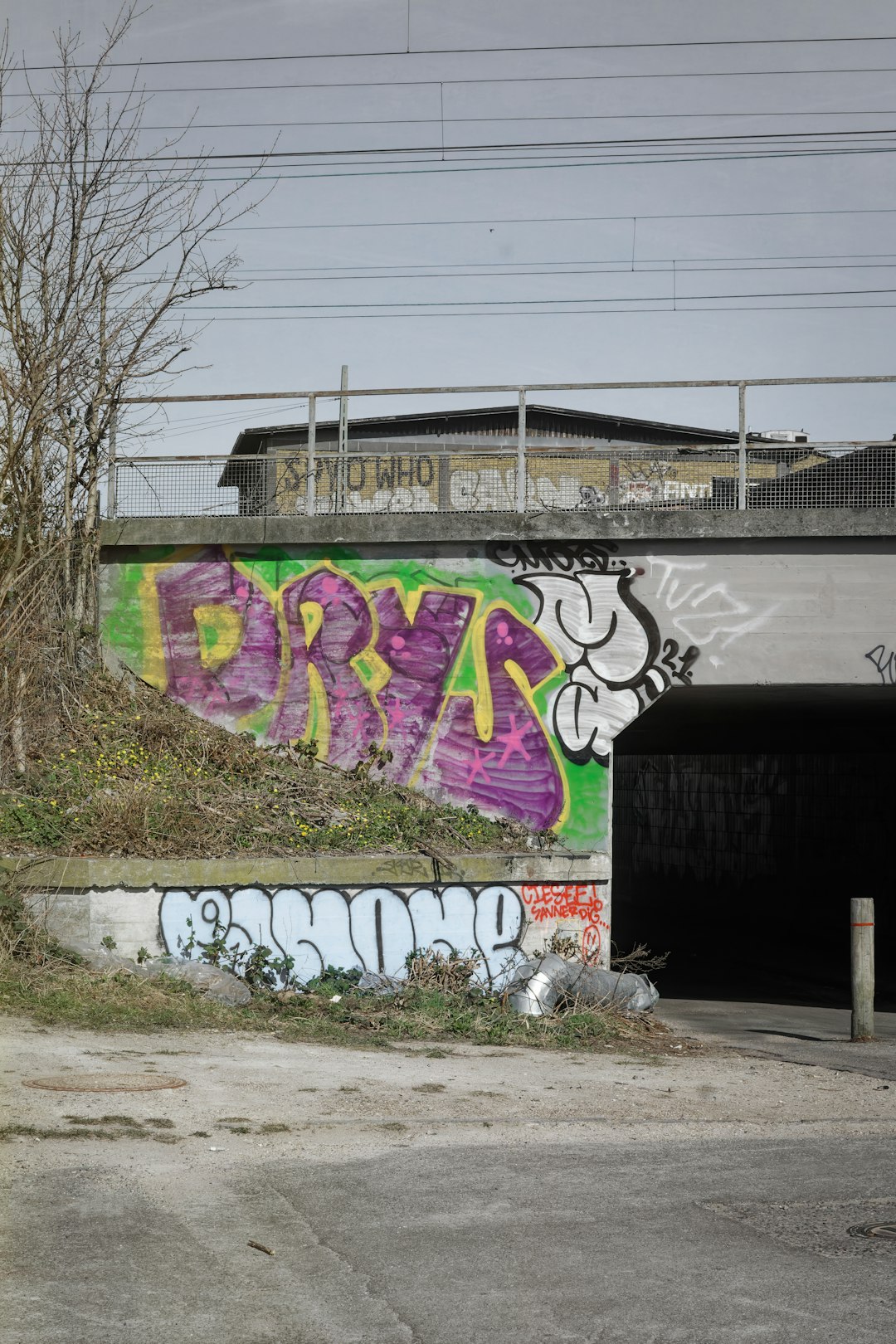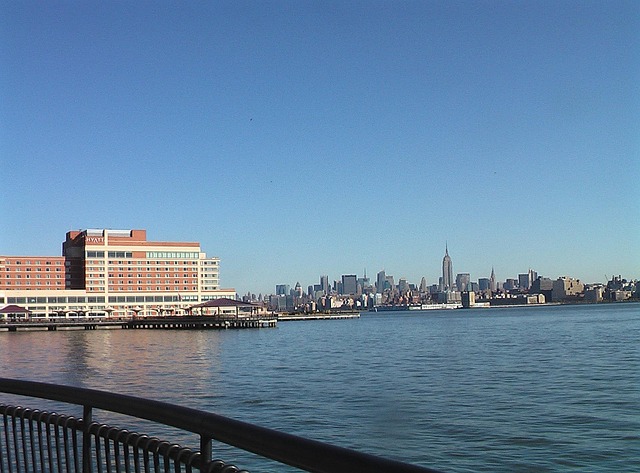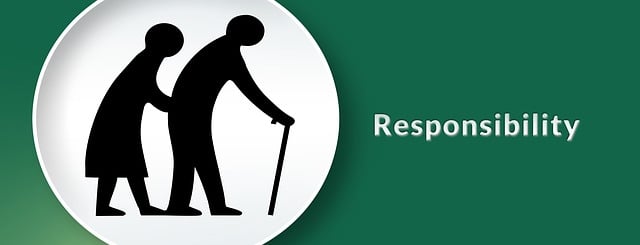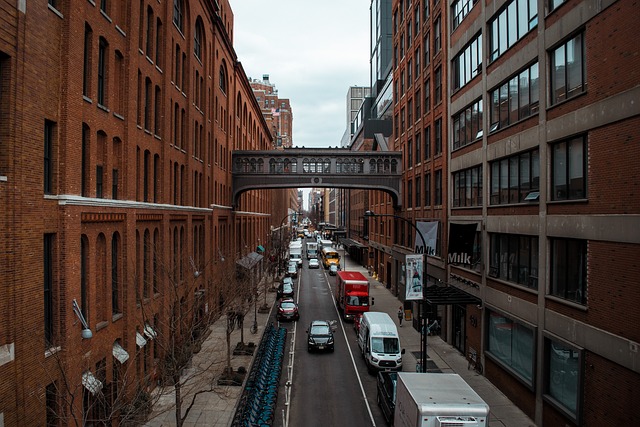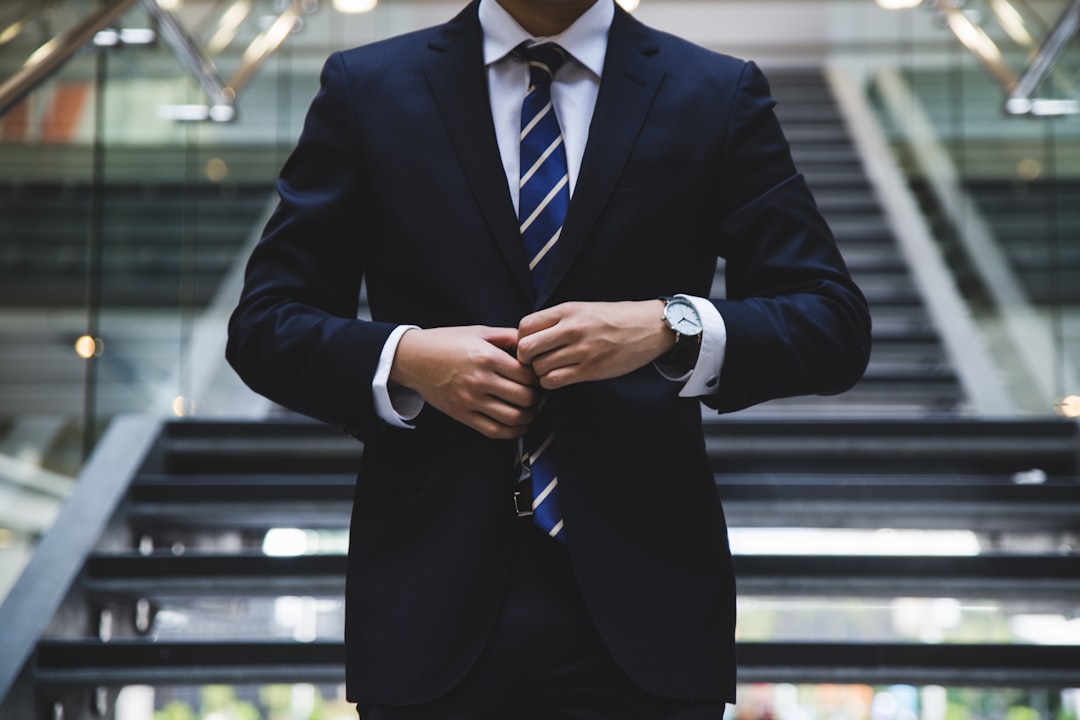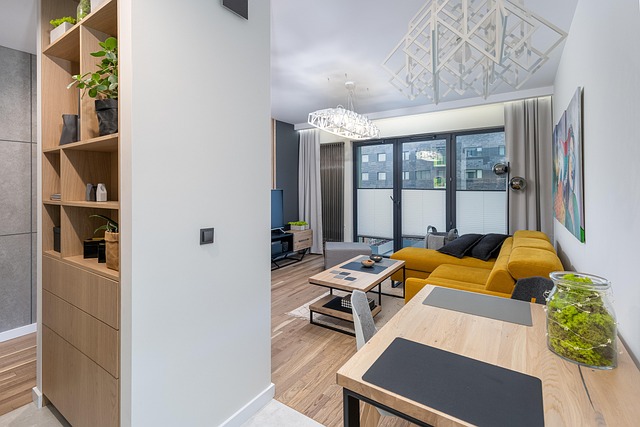Nursing home abuse, particularly physical and sexual assault against elderly residents in New York, is a growing concern with rising reports from the state department of health. Surveillance cameras have proven effective in enhancing security and deterring abuse, providing crucial evidence for elderly sexual assault lawyers. Strict legal provisions protect vulnerable seniors, and mandatory reporting by staff aims to prevent and address sexual abuse. Elderly sexual assault lawyers play a vital role in advocating for victims' rights and holding abusers accountable. Technology, including surveillance cameras, enhances safety for elderly residents in New York.
In New York, the safety and well-being of nursing home residents are paramount concerns. With an aging population, understanding and preventing nursing home abuse, particularly elderly sexual assault, has become a pressing issue. This article explores the multifaceted role of surveillance cameras as a powerful tool in deterring such abuses. We delve into the legal protections available for vulnerable seniors, the impact of technology on prevention, and provide insights for families and elders seeking guidance from experienced elderly sexual assault lawyers in New York.
Understanding Nursing Home Abuse: A Growing Concern in NY
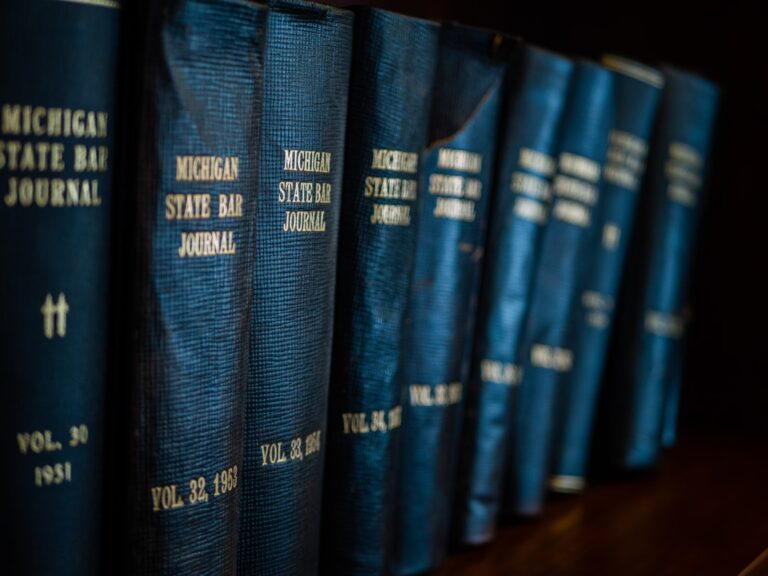
Nursing home abuse is a growing concern in New York, where an increasing number of cases involve elderly residents facing physical, emotional, and even sexual assault. This issue has sparked significant debates about the need for stringent measures to protect vulnerable individuals in care facilities. According to statistics from the New York State Department of Health, reports of abuse and neglect in long-term care homes have been on the rise, highlighting the urgent requirement for robust prevention strategies.
The problem is multifaceted, encompassing physical assault, verbal mistreatment, and sexual harassment, with some incidents going unreported due to fear or shame. Elderly sexual assault lawyers in New York often encounter cases where residents, who may have cognitive impairments, are particularly vulnerable to abuse. This sensitive topic demands attention, especially as the state’s population ages, necessitating more vigilant surveillance and intervention mechanisms.
Surveillance Cameras: An Effective Deterrent for Elderly Safety
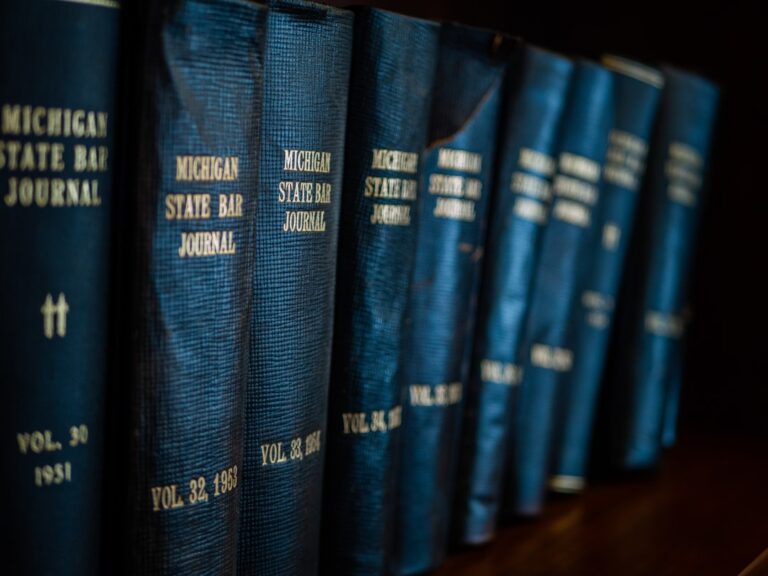
Surveillance cameras have emerged as a powerful tool in enhancing elderly safety within nursing homes, serving as an effective deterrent for potential abuse, including the prevention of elder sexual assault. By strategically placing cameras in common areas, hallways, and even individual rooms, nursing home administrators can create a sense of transparency that discourages any form of maltreatment. The mere presence of these devices acts as a subtle yet potent reminder to staff and visitors alike that their actions are being watched, fostering an environment that prioritizes the well-being and security of residents.
For elderly sexual assault lawyers in New York, surveillance footage can be invaluable evidence in prosecuting cases of abuse. The detailed records provided by cameras offer undeniable proof, making it easier for legal professionals to advocate for victims’ rights. This technological advancement not only aids in criminal investigations but also encourages staff members to remain vigilant and proactive in recognizing and reporting any suspicious behavior, ultimately contributing to the overall safety and peace of mind for the elderly residents.
Legal Protections and Rights for Vulnerable Seniors in New York

In New York, vulnerable seniors in nursing homes are protected by various legal provisions designed to safeguard their rights and ensure safe living conditions. The state has stringent regulations regarding elder abuse, including physical, emotional, and sexual assault. Elderly sexual assault lawyers in New York play a crucial role in advocating for victims’ rights and ensuring perpetrators face justice. These attorneys specialize in complex cases involving the elderly and possess deep knowledge of relevant laws, such as those protecting residents from non-consensual sexual contact or harassment.
The legal framework includes mandatory reporting requirements for healthcare staff, who must inform authorities if they suspect any form of abuse. This proactive approach aims to deter potential perpetrators and enable prompt intervention. Moreover, New York law provides various remedies for victims, including civil lawsuits against the responsible parties, which can lead to significant compensation for physical and psychological harm suffered due to nursing home abuse.
The Impact of Technology on Preventing Sexual Assault in Care Homes
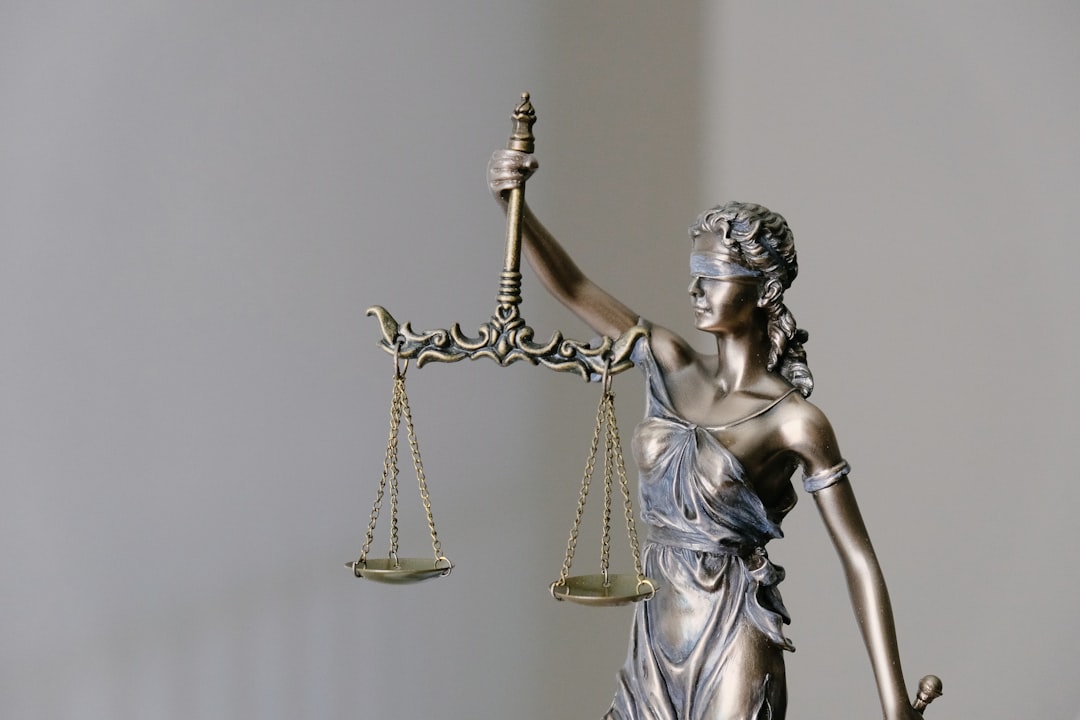
In the context of nursing home care, technology has emerged as a powerful ally in preventing sexual abuse, particularly for vulnerable elderly residents. Surveillance cameras play a pivotal role in this regard, offering a layer of protection and peace of mind for both inhabitants and their families. By strategically placing these devices in common areas, dormitories, and private rooms, caregivers can monitor interactions and deter potential perpetrators. The presence of cameras acts as a visible deterrent, knowing that their actions are being recorded, often leading to increased respect for the residents’ privacy and safety.
Moreover, advanced technology provides tools for immediate response and evidence collection. In New York, where elderly sexual assault cases have prompted legal action against care facilities, these systems enable quick identification of suspicious behavior and facilitate swift intervention. Elderly sexual assault lawyers in New York often rely on surveillance footage as crucial evidence during legal proceedings, ensuring accountability and justice for victims. This technological advancement not only aids in prevention but also strengthens the legal system’s ability to hold caregivers and abusers accountable.
